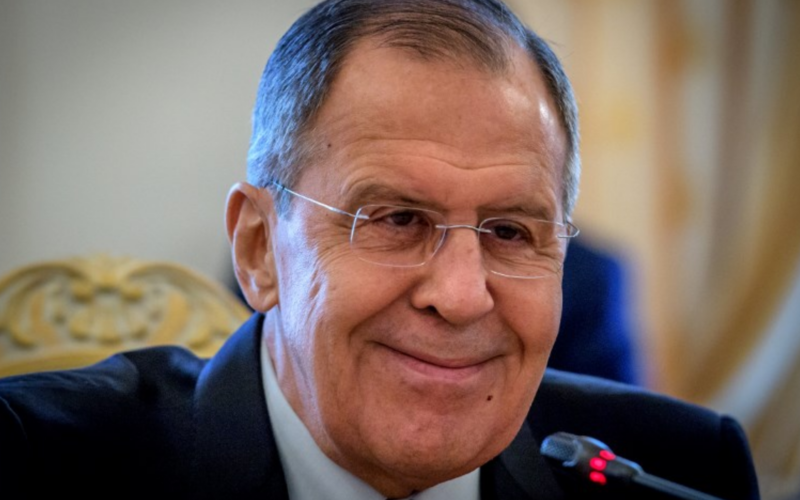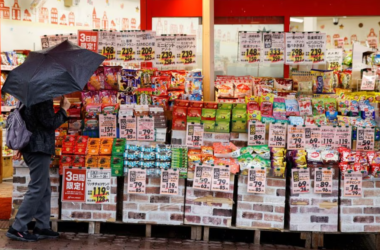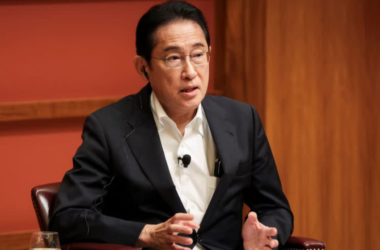Russia’s Foreign Minister, Sergei Lavrov, announced on Thursday that Moscow is prepared to increase grain exports to Tunisia, extending support to the North African nation grappling with food shortages exacerbated by drought. During a meeting with Tunisian President Kais Saied in the capital Tunis, Lavrov highlighted Russia’s consistent good crop yields and expressed the country’s willingness to assist Tunisia during these challenging times.
Lavrov emphasized Russia’s readiness to provide additional grain to Tunisia, citing the country’s successful crop yields for the past few years. The Foreign Minister conveyed Moscow’s interest in boosting grain deliveries, offering support to Tunisia in securing essential commodities. However, he did not specify the terms or costs associated with the potential increase in grain supply.
Over the past four years, Tunisia has faced the impact of severe drought, significantly affecting its grain production. The country heavily relies on imports for cereals, facing urgent requirements for durum wheat, soft wheat, and barley until at least spring 2024. Lavrov’s offer comes as a response to Tunisia’s challenges and a gesture of support amid its struggle with food shortages.
President Vladimir Putin had previously announced Russia’s initiative to provide free grain to six African countries, including Mali, Burkina Faso, the Central African Republic, Eritrea, Zimbabwe, and Somalia, as part of efforts to strengthen ties with the continent. Lavrov’s proposal to assist Tunisia aligns with Russia’s broader strategy to extend support to African nations facing food security concerns.
During his visit, Lavrov met with Tunisian Foreign Minister Nabil Ammar, and both parties expressed their commitment to enhancing cooperation across various sectors. Lavrov identified key areas for collaboration, including agriculture, energy, nuclear power, and technology. The Russian diplomat emphasized Russia’s intention to complement existing partnerships and not replace Tunisia’s relationships with other key partners such as the United States and the European Union.
Lavrov clarified that Russia’s engagement with Tunisia is not driven by a desire to counter other nations, contrasting it with what he referred to as the “opposition-based” approach of some Western counterparts. He emphasized Russia’s commitment to fostering friendly relations without antagonistic motivations, aiming to contribute positively to Tunisia’s economic and strategic development.
Russia’s offer to increase grain supply to Tunisia signifies a collaborative effort to address food shortages exacerbated by drought. As the two nations explore avenues for enhanced cooperation, the gesture underscores diplomatic goodwill and support during challenging times. Tunisia, in turn, expressed appreciation for the historical ties with Russia and expressed a mutual desire to strengthen bilateral relations and cooperation.








